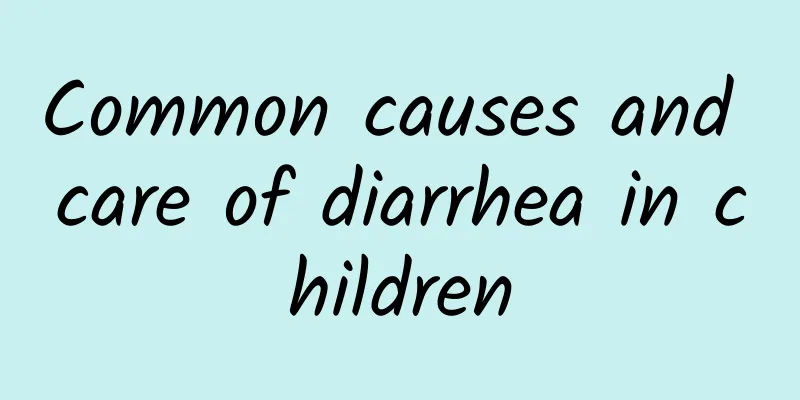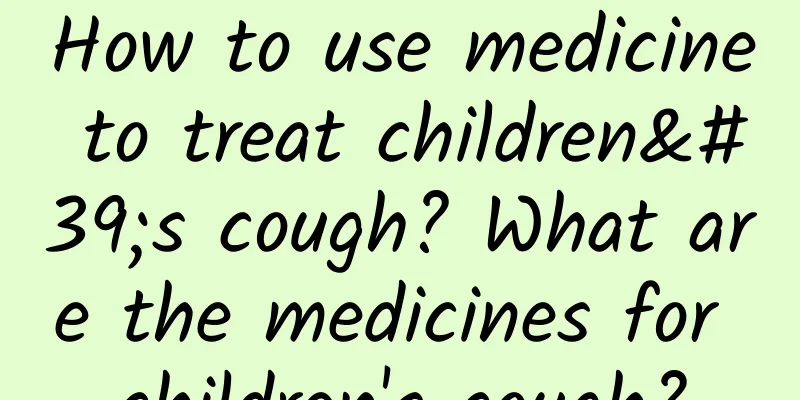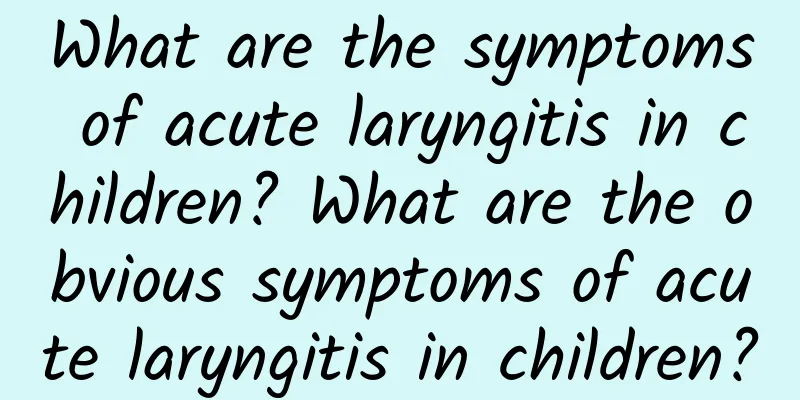What are the symptoms of congenital megacolon in newborns?

|
Hirschsprung's disease is a congenital disease that causes intestinal dysfunction due to incomplete development of intestinal nerves. The main symptoms of newborns are no meconium discharge within 24 to 48 hours after birth, abdominal distension and repeated vomiting. This is a serious disease that needs to be diagnosed and treated as soon as possible, and the problem is usually solved through surgery. 1What is Hirschsprung's disease Hirschsprung's disease is a common congenital digestive system disease in newborns. The root cause is the loss of ganglion cells in the rectum or colon, which causes the intestine to be unable to move normally. Under normal circumstances, ganglion cells help coordinate intestinal peristalsis to expel intestinal contents, but in patients with this disease, the loss of ganglion cells causes the intestinal contents to be unable to be expelled normally, leading to symptoms of intestinal obstruction. 2Typical symptoms of newborns The main symptom of newborns is delayed or complete failure of meconium excretion. Many newborns do not see meconium within 24 to 48 hours after birth, and may experience repeated vomiting, abdominal distension, and food intolerance. In severe cases, accumulation of intestinal contents may cause systemic infection or sepsis. In addition, some children may show signs of growth retardation or dehydration. Parents should inform their children of these symptoms as soon as possible to obtain a timely diagnosis. 3 Diagnosis and treatment methods Clinical diagnostic methods: The main methods for diagnosing this disease currently include barium enema to examine intestinal function, anal manometry to detect nerve function loss, and rectal mucosal biopsy to determine the specific scope of ganglion cell loss. Surgery: Treatment is usually surgery to remove the abnormal section of intestine that lacks ganglion cells. Surgical methods include the Duhamel procedure, the Soave procedure, and the Swenson procedure. Usually, early treatment is more effective. Postoperative care: The child's recovery needs to be closely monitored after surgery, including observing for signs of postoperative constipation or infection. At the same time, to ensure nutritional intake, parents should adjust the child's diet under the guidance of a doctor and choose easily digestible foods. 4Daily care and infection prevention During the postoperative recovery process, the child's hygiene care needs to be strengthened to avoid infection at the surgical site; if symptoms such as persistent abdominal distension and difficulty in defecation are found, a follow-up visit should be made in a timely manner. At the same time, breastfeeding is encouraged, as the immune factors in breast milk help prevent postoperative infection. Developing a habit of regular bowel movements is very helpful for the recovery of intestinal function. Timely attention and treatment of congenital megacolon is particularly important for the health of children. If suspected symptoms are found in newborns, they should be seen by a doctor as soon as possible for a clear diagnosis. Attention to care after surgical treatment can effectively improve the quality of life of children and avoid complications. Parents should understand the symptoms and follow up regularly to ensure that the children can fully recover and grow up healthily. |
<<: Will a child with congenital heart disease be the same as a normal child after surgery?
>>: How to treat hand, foot and mouth disease in one and a half year old children
Recommend
What causes hernia in children?
Treatment of hernias in children includes surgica...
Is polio curable?
Polio is a relatively serious disease that troubl...
What medicine can cure mumps quickly?
Mumps refers to various chronic inflammatory lesi...
How to treat a child who keeps coughing?
Coughing in children is a problem that almost eve...
Uncover the five major symptoms of phenylketonuria
You may be familiar with phenylketonuria, but you...
How to treat children with poor resistance?
Nowadays, many children have poor physical resist...
What tests should be done for ADHD
A tic disorder requires a detailed medical examin...
How to treat high jaundice in newborns and get better quickly
Neonatal jaundice can be quickly improved through...
What to do if your child is malnourished? Treatment of malnutrition in children
Malnutrition is usually caused by insufficient pr...
How to treat a child's dry, itchy throat and cough?
If a child has a dry, itchy throat and cough, he ...
What are the symptoms of pneumonia in children?
Symptoms of pneumonia in children include fever, ...
What fruits are good for children with diarrhea? What fruits can children with diarrhea eat?
Children have poor resistance and are easily infe...
Causes of Hirschsprung's disease
The causes of Hirschsprung's disease mainly i...
What to do if your baby has phlegm in his throat? How to treat phlegm in your baby's throat
The baby's immunity is relatively low, and it...
What to do about severe pseudohypertrophy and malnutrition? How to prevent severe pseudohypertrophy and malnutrition?
Severe pseudohypertrophic malnutrition usually st...









